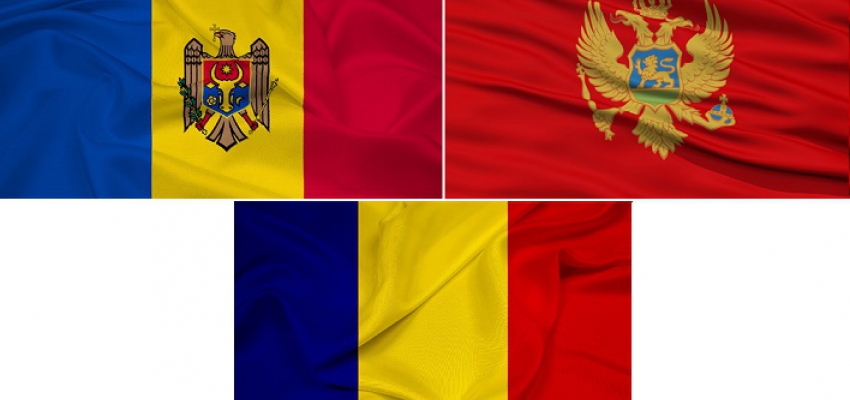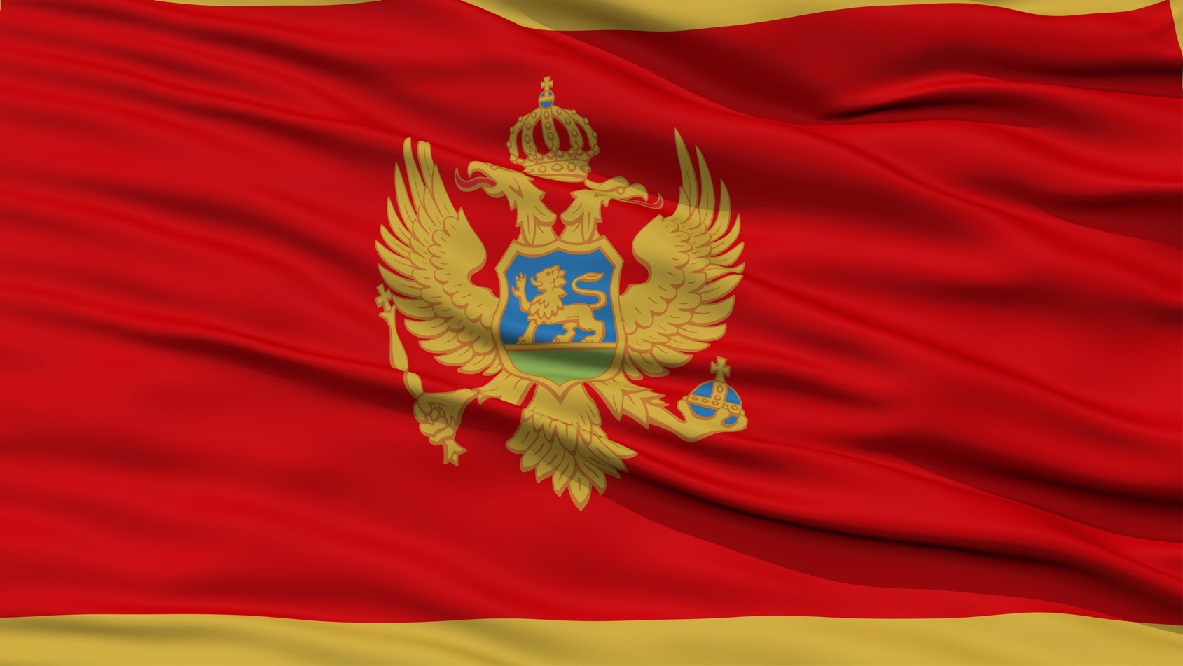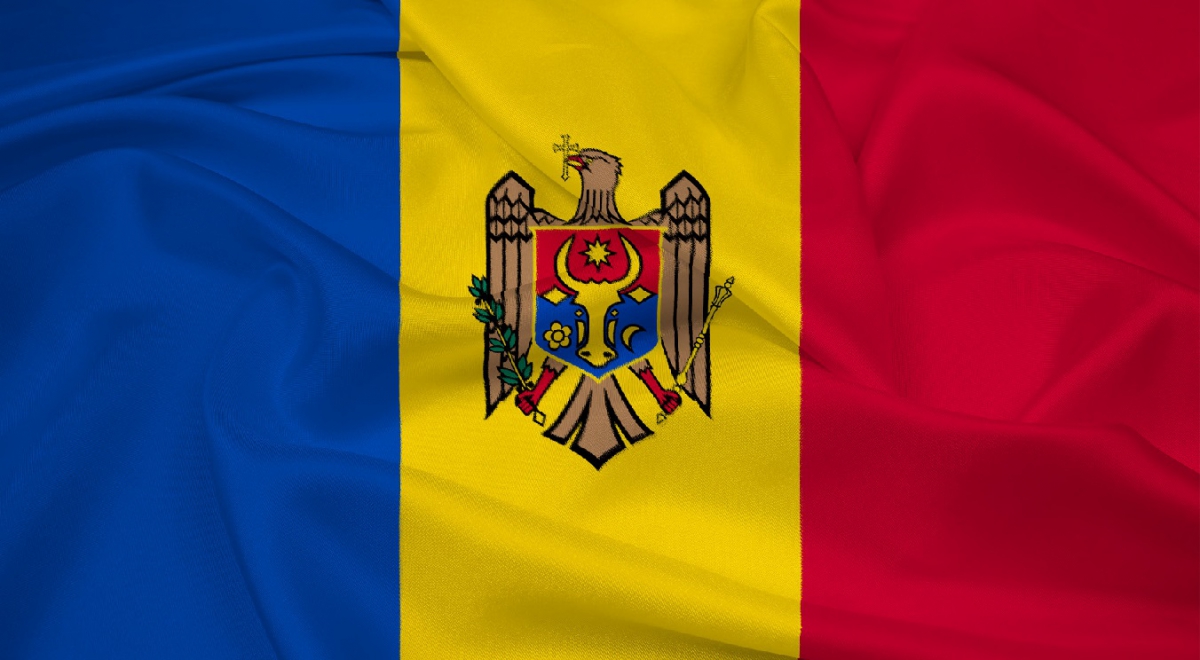
Montenegro

The current legislation in force in Montenegro dates back to 2004. There was an initiative from the Ministry of Finance in 2018 and 2019 for the adoption of a new act which would be aligned with most recent trends in the gaming industry and best EU practices. Based on publicly available information, no progress occurred in respect to this matter to this date. As this initiative has seen a lot of pushbacks coming from the industry, whereas the publication of the final draft of the act was postponed several times. It was recently announced by the authorities that the final draft of the new act is nearly finished and should soon be published and submitted to the national government for the initiation of the legislative procedure . Regulatory authority for the gambling industry in Montenegro is the Games of Chance Administration, which is an independent entity under the supervision of the Ministry of Finance. Also, as a curiosity, it is worth mentioning that gambling winnings in Montenegro are not taxable, regardless of the type of game or the amount of a win.
Based on publicly available information, the new draft regulation concerning games of chance was published in the beginning of 2021 and received numerous comments from the industry. Thus, the final proposal will most probably introduce increased concession fees for all types of games and more extensive rules on online gambling, including measures for blocking offshore gambling operators. Offshore gambling operators are already deemed as illegal and banned from providing their services in the territory of Montenegro. Such existing bans should be enforced by maintaining an IP address blacklist containing internet domains of illegal operators. Also, according to the previous drafts of the new regulation, the lottery sector is set to be moving in direction of a state-owned monopolistic lottery, meaning that it will most probably not be open for private operators anymore, as all the previously issued lottery licenses have expired back in 2016. This means that currently there is no lottery operator in the country. In the period from 2013 to 2017, operators were also allowed to install betting terminals in restaurants, bars, etc. That possibility was annulled by the Montenegrin Constitutional Court as it was found non-compliant with the existing laws. The licenses for these operators expired in 2020.
The current regulation prescribes licenses for operating a gambling business on land-based premises or online. Organizing games of chance without entering into a concession agreement with the Games of Chance Administration is a criminal offence punishable by a monetary fine or imprisonment for up to five years in cases where an operator or player used deception. The issued licensees are non-transferable and they can be granted only to companies incorporated in Montenegro, meaning that in Montenegro, games of chance cannot be organized by foreign companies. Licensable games of chance are generally divided into two groups: namely, lottery games of chance (lottery, bingo, lotto, keno and other similar draw games) and special games of chance (casino games, betting and games on gaming machines). Licenses for most of the games of chance are issued upon a request from the operator who meets the prescribed conditions (except for casino and lottery concessions which are subject a competitive tender procedure), while the lottery concession is restricted to a one single operator. Licenses are rendered for a fixed period of time of up to 10 years and can be prolonged for up to five years, depending on the license.
Licenses are primarily issued for land-based gambling, while online-gambling licenses are issued in addition to the forementioned land-based ones, being considered as an upgrade to such. This online gaming license does not differentiate between types of online games, so it allows its holders to organize any type of game of chance (both lottery and special games of chance) irrespective of the underlying type of land-based license. The awarded casino operator is obliged to pay a one-off fee of
EUR 2 million, whereby no similar award fee exists for other types of concessions for games of chance. This casino fee is observed in the industry as too high and will most likely be addressed in the new legislation in a way that the same is reduced.
Bearing in mind the obsolete legislative framework of games of chance in Montenegro it is to be expected for the new act to address all current deficiencies.
Moldova

Organization of games of chance in Moldova is regulated and done under the Law No. 291 on the organization and conduct of games of chance from 2016, as amended in 2017. Games of chance (casinos, slot machines, lotteries, betting and bookmaking offices) as well as games of skill are allowed in Moldova. Under the respective act, organization of games of chance in Moldova, apart from casinos, is monopolized and in the hands of the National Lottery of Moldova, whereby gambling and lotteries in Moldova have been organized under a public-private partnership since 2019, mostly with large operators from the EU.
The regulatory authority is the Ministry of Finance, which deals with licensing and taxation of gambling establishments and determines their location (keeping a distance from educational, religious and similar institutions). The minimum legal age for participating in games of chance in Moldova is 18 years old for lotteries and bets, and 21 years old for all other types of games of chance.
When it comes to online gambling, it is not regulated in Moldova. Even though the amendments to the gambling laws done in 2017 declared online gambling legal, they did not create any legal framework to regulate it. The National Lottery of Moldova is the only online gambling operator that has a license to operate in the country. No other regulation or licensing structure exists. Furthermore, unlicensed foreign gambling websites are blocked but due to the fact that there are no domestic online casinos, lotteries, bookmakers, bingo or poker websites, players gamble online on unlicensed websites without being penalized.
Gambling and games of chance in general in Romania are regulated through the Government Emergency Ordinance 77/2009 on the organization.
Romania

Gambling and games of chance in general in Romania are regulated through the Government Emergency Ordinance 77/2009 on the organization and operation of games of chance as a main governing act, along with subsequent ordinances, instructions and decisions issued mainly by the National Gambling Office as the competent authority and part of the central public administration, subordinated to the Romanian government. The legal gambling age in Romania is 18.
This framework sets up a licensing regime for all games of chance, defined as activities with a potential win reward; in which there is a public offer for participation in game for which the participant pays a certain entry fee; whose rules have been approved by the National Gambling Office; and where winnings are decided after random selection of the event results. In addition to the forementioned, activities where the beneficiaries of the awards are decided based on the results of events or competitions produced without the involvement of the organizers also fall within the scope of the definition of games of chance. On the other hand, skill games and “social gaming” do not fall under this category and are therefore generally outside the scope of the gambling regulation.
Gambling operators who perform any kind of activities that fall within the scope of a definition of the games of chance as laid out above must obtain a gambling license as well as the appropriate gambling authorization. Only operators based within the EU, EEA or Swiss Confederation can apply for these licenses and there are no limits on the number of gambling licenses that can be issued. This means that in Romania there is no legal requirement for the organizer to be domestic company. Once a license is issued it is valid for 10 years (except for temporary games of chance licenses, which are valid for three months), the mentioned gambling authorization must be renewed annually, with the same exception being made for temporary games of chance. The license costs include annual contributions to the Public Foundation for Responsible Gaming, licensing fees and authorization fees. The forementioned fees vary depending on the type of game and whether they are issued for the Bucharest city area or that of some other Romanian city. Licensing fees are determined as fixed annual fees ranging from EUR 5,000 for tombola or poker clubs to EUR 95,000 for land-based casinos, while authorizations fees are generally linked to an operator’s revenue (along with setting the fee minimum, e.g. EUR 90,000 for betting) or number of locations/gaming means (e.g. EUR 3,600 for each slot machine with unlimited winnings). An operator of online gambling must also pay a fixed annual fee which ranges from EUR 6,000 (when the turnover of the operator is less than EUR 500,000) to EUR 120,000 (when the turnover of the operator exceeds EUR 10 mio) with authorization tax also being tied to an operator’s revenue.
Moreover, the regulation differentiates the B2C licenses (Class 1 license) apart from B2B licenses (Class 2 license), whereas Class 2 licenses are needed in relation to the following service categories being provided in relation to games of chance operations:
• Manufacturers, producers and distributors of gaming equipment;
• Gambling software developers (which also include live-casino streaming operators);
• Platform hosting providers;
• Data centers;
• Payment processors;
• Marketing affiliates; and
Certifiers, auditors, and conformity assessment bodies
Romania legalized online gambling activities in 2010. The National Gambling Office issued its first online gambling licenses in 2015 and immediately published a blacklist of the sites that violate the country’s online gambling regulations and organized a blockage of such ISP addresses. On the other hand, it is a general rule that Romanian licensed online gambling sites remain accessible to foreigners.
In view of the new developments in the established legal framework and expected changes, it should be noted that there are several proposals concerning a series of restrictions on gambling advertising (e.g. advertising prohibited during the day) as well as other social gambling responsibility obligations (e.g. prohibiting slot machines being located within less than a 200m distance from educational institutions and the obligatory display of informative banners on the risks of gambling addiction) as well as in respect of players well-being (e.g. systems for organization of self-exclusion, etc).
DISCLAIMER: Law Firm Anđelović, Siketić & Tomić d.o.o. wish to avoid inaccuracies and, whilst every precaution has been taken to ensure that information contained in this report is accurate, no liability is accepted for errors or omissions, however caused.

